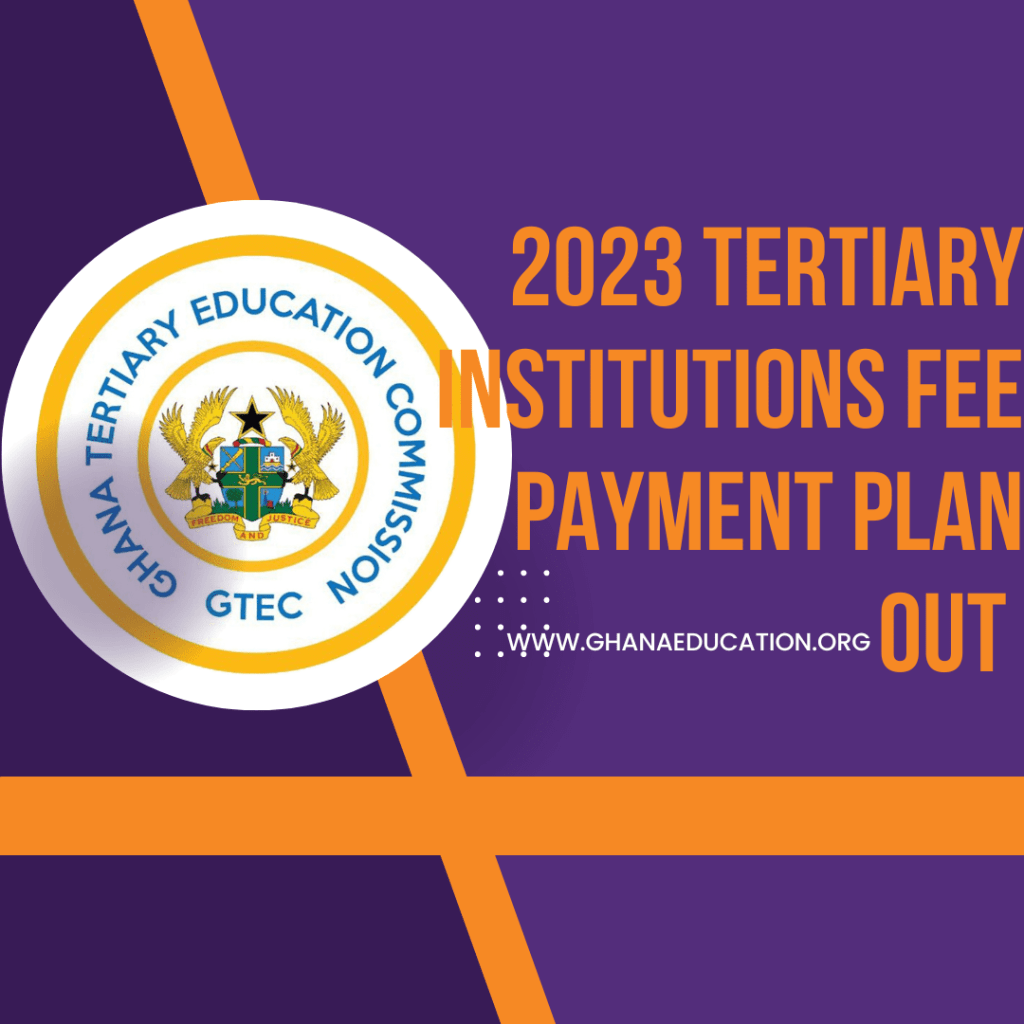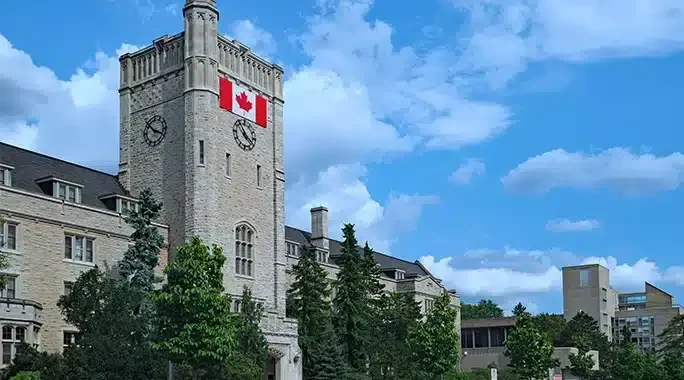GTEC must flush out unaccredited public and private tertiary institution and programmes

Education has been severally described by well-meaning and prominent citizens as key to success, and a pivot for national development. It is therefore not out of place when the 1992 constitution of Ghana dedicated Chapter 6 (The Directive Principles of State Policy), precisely clause 38 (1, 2, and 3) to education including free compulsory basic education (FCUBE), progressively free education, and adult education.
It is therefore not surprising that Ghana has further advanced this directive principle of state policy with the implementation of capitation grant at the basic level and free Senior High School at the Second Cycle level in the year 2005 and 2017 respectively.
It is also very true that when this vital and game-changing venture of education is not properly acquired through approved educational institutions, and lessons not imparted by qualified persons can serve as a weapon for mass destruction no matter how it is well intended. This is the reason why almost every state puts up structures and institution to have oversight responsibilities towards training of the critical human resources, to avoid the toxic pollution of the brain of the critical national assets.
Whilst Ghana is doing its best in terms of enacting appropriate legislations in regulating educational institutions with emphasis on tertiary education such Education Regulatory Bodies Act (Act 1023 of 2020, Health Professional Bodies Regulatory Act (Act 857 of 2013) amongst others, the proliferation of unaccredited “mushroom” tertiary institutions is equally on the ascendancy. This is extremely worrying, as several citizens are innocently falling prey to the nefarious activities of these self-serving entrepreneurs operating such schools. It would be recalled that in 2015 and 2016 the Nursing and Midwifery council had to publish the list of unaccredited Nurses Training Schools in the country and warned prospective students (https://www.google.com/amp/s/www.pulse.com.gh/ece-frontpage/health-alert-nursing-and-midwifery-council-ban-25-unaccredited-institutions/yd1cevw.amp). Similarly, the National Accreditation Board (now Ghana Tertiary Education Commission (GTEC)) has on several occasions released list of unaccredited tertiary institutions (https://mobile.ghanaweb.com/GhanaHomePage/NewsArchive/47-alleged-unaccredited-tertiary-institutions-in-Ghana-593632 &. https://www.graphic.com.gh/news/general-news/latest-list-of-universities-not-recognized-by-ghana-s-nab.html). The woes of some students at College of Health – Yamfo, and College of Health – Kintampo few years ago cannot be lost on us (https://www.google.com/amp/s/citinewsroom.com/2019/09/students-secure-injunction-on-yamfo-health-college-over-accreditation-row/amp/ & https://citinewsroom.com/2019/06/kintampo-health-college-graduates-protest-non-issuance-of-certificates/).
The disturbing development that is now raising its ugly head and giving indication of a failed system is the fact that most government tertiary institutions are illegally operating with an expired accreditation status. Giving the fact that these are public institutions, the public hardly check their status before enrolling, therefore endangering their future. Some had their accreditation status expiring since the year 2019. For instance, out of the 68 “Public Nurses Training Colleges” captured on the website of GTEC, a staggering 25 (37%) are operating with expired institutional accreditation. Out of the 4 Colleges of Agriculture listed on GTEC’s website 3 (75%) are illegally operating with an expired institutional accreditation. Also, of the 46 Public Colleges of Education stated by GTEC on their website, 6(13%) are illegally operating with an expired institutional accreditation. This is scary considering the fact that, the state itself is flouting its own laws and dabbling in brazing illegalities (https://gtec.edu.gh/accredited-institutions).
It is in the frantic effort to prevent these public and private “ponzi” tertiary institutions that a new legislation was passed in 2020 and assented to by the president in August, 202 to merge National Accreditation Board (NAB) and National Council of Tertiary Education (NCTE) into Ghana Tertiary Education Commission (GTEC). That is the Education Regulatory Bodies Act of 2020 (Act 1023). The Act empowers GTEC in ensuring all tertiary educational institutions and their programs are well accredited before operating or advertisement of same. The big question is why are the authorities/board of GTEC sleeping on the job, and endangering the future of citizens when they are paid and well catered for to protect these same citizens?
The Act categorically states in section 19 that tertiary institution Shall not operate or run a program without accreditation by GTEC’s board (emphasis on the Shall). It is equally interesting to note that section 24 (1)(g) gives GTEC’s the authority to close any institution operating without the requisite accreditation. The question which begs answers is that why do we still have these multitude of unaccredited tertiary institutions operating especially the public ones in the midst of this fine law that clothes GTEC with so much power?
The icing on the cake is the section 36 (1) which prescribes punitive measures for those who criminally flout the law (ie operates unaccredited tertiary institution or programs or advertises same). For instance, authorities who operate unaccredited tertiary institution or program commits offense and are liable for summary conviction to a fine of minimum of GHC120,000 (10,000 penalty units) and not more than GHC 300,000 (25,000 penalty units), or a term of imprisonment ranging from 15 to 25years or both. What is the difficulty in implementing the law when the institution is already listed on the website of GTEC and therefore makes monitoring easier.
READ: GES Releases New Academic Calendar For Basic Schools And SHS
I implore the GTEC board to be up and doing in playing the crucial watchdog role of ensuring sanity in the tertiary educational space. The authorities brooding over the unaccredited public tertiary institutions should live up to a minimum expectation of public decency and morality by ensuring the right thing is done whilst the law enforcement agencies also playing a key role of prosecuting erring public servants placed in such positions of trust.
Source: Shaibu Issifu
Send Stories | Social Media | Disclaimer
Send Stories and Articles for publication to [email protected]
We Are Active On Social Media
WhatsApp Channel: JOIN HERE
2024 BECE and WASSCE Channel - JOIN HERE
Facebook: JOIN HERE
Telegram: JOIN HERE
Twitter: FOLLOW US HERE
Instagram: FOLLOW US HERE
Disclaimer:
The information contained in this post on Ghana Education News is for general information purposes only. While we endeavour to keep the information up to date and correct, we make no representations or warranties of any kind, express or implied, about the completeness, accuracy, reliability, suitability or availability with respect to the website or the information, products, services, or related graphics contained on the post for any purpose.




 Step Smart: A Complete Guide to Selecting Boys’ School Shoes
Step Smart: A Complete Guide to Selecting Boys’ School Shoes  Top 10 Best Senior High Schools In Eastern Region
Top 10 Best Senior High Schools In Eastern Region  Advantages Of Studying In Canada Instead Of The USA – Top Reasons
Advantages Of Studying In Canada Instead Of The USA – Top Reasons  No more Buffer Stock – Mahama promises to decentralise SHS food supply
No more Buffer Stock – Mahama promises to decentralise SHS food supply  Pre-tertiary teacher unions likely to resume strike by close of week
Pre-tertiary teacher unions likely to resume strike by close of week